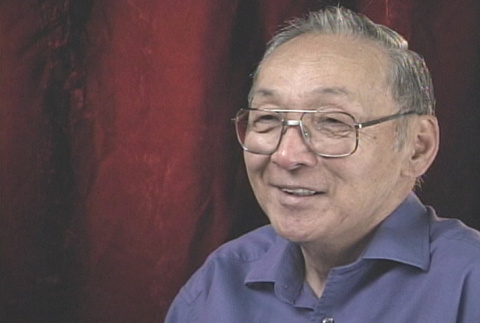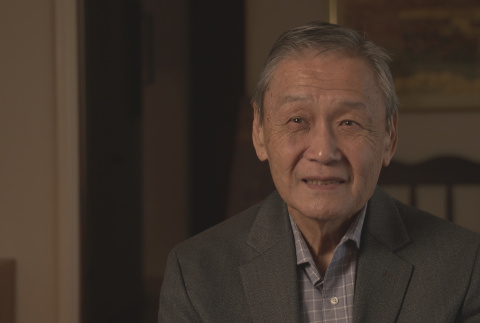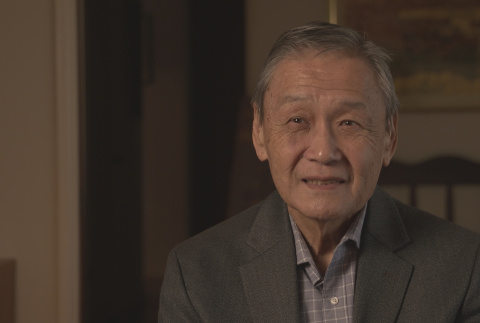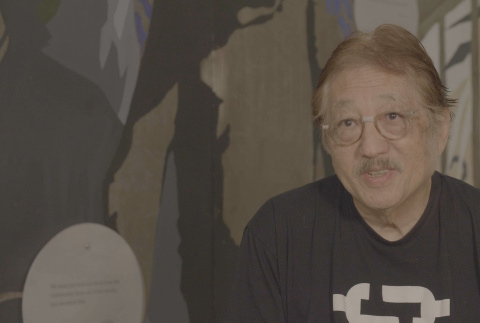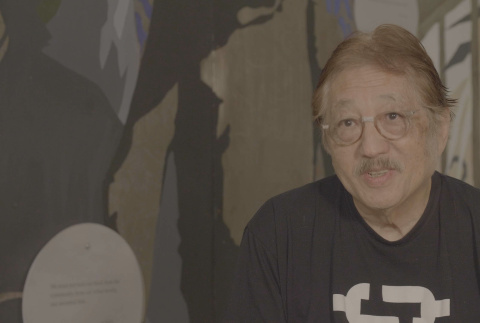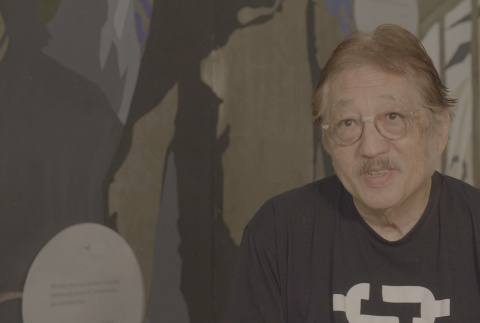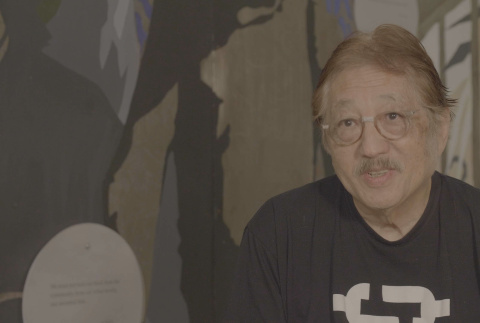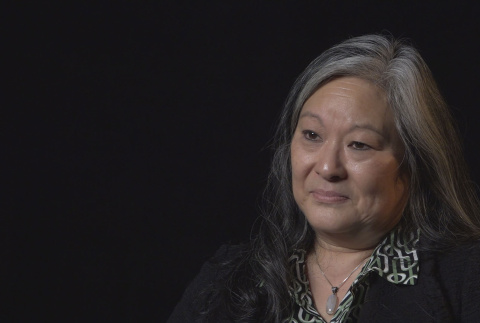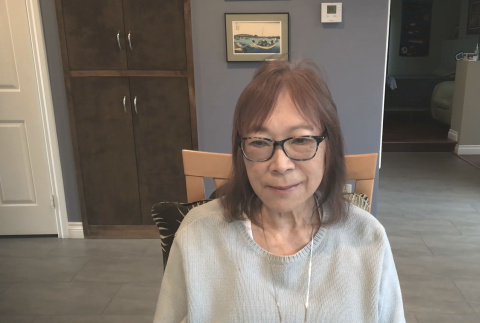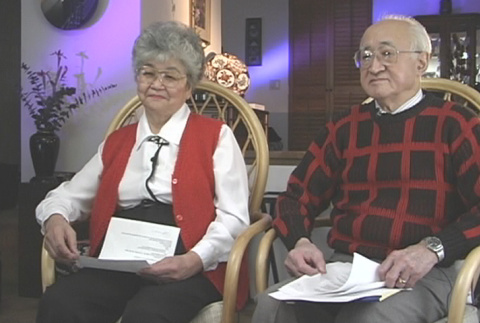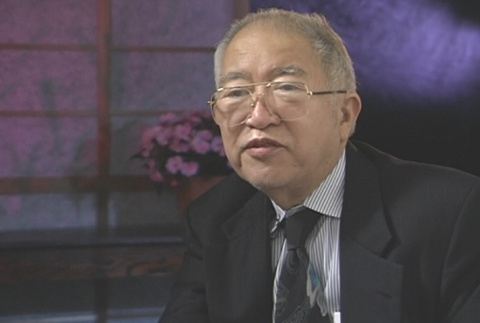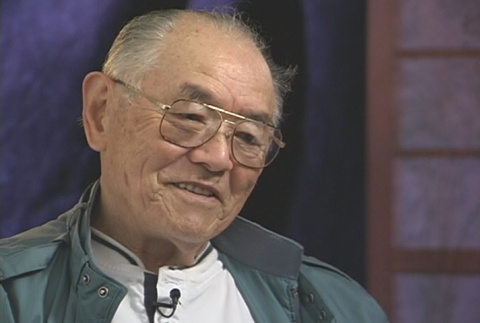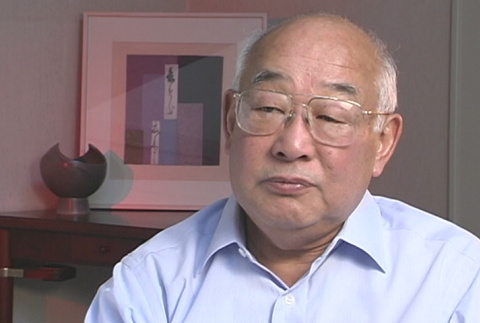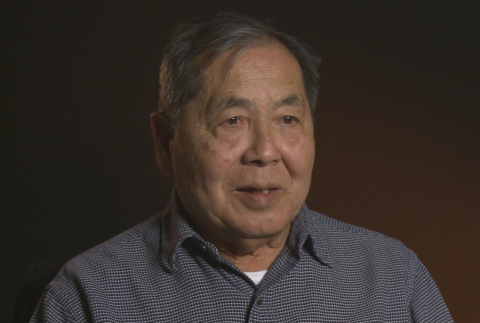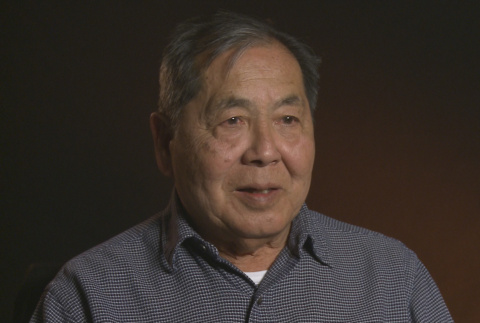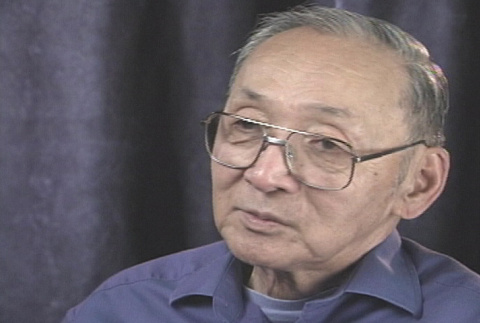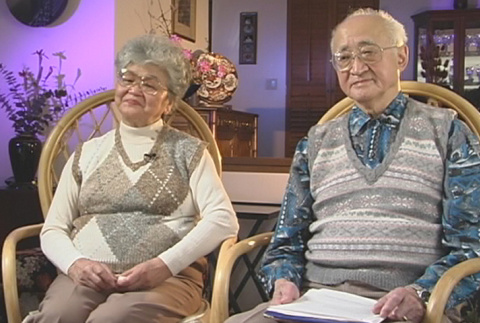Community and social service associations
After World War II, in areas where Japanese Americans resettled in large numbers, community and social service organizations were formed to meet their needs. In Seattle, for instance, Nisei (second-generation Japanese Americans) organized and raised funds for a retirement home that would be culturally appropriate for the Issei (first-generation immigrants). Further, some Japanese Americans chose to go into social service work, in part motivated by their wartime incarceration.
Community activities
(871)
Associations and organizations
(537)
Community and social service associations
(271)
Related articles from the
Densho Encyclopedia :
Emergency Service Committee,
Japanese American Committee for Democracy,
Kachigumi,
Janice Mirikitani,
Morale Committees,
Nisei Student Relocation Commemorative Fund,
Oahu Citizens Committee for Home Defense,
Office of Civilian Defense (Hawaii),
Police Contact Group (Honolulu),
Women's War Service Association (Hawaii),
Shigeo Yoshida
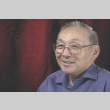
As a teenager prior to World War II, began keeping scrapbooks with newspaper articles and memorabilia, a lifetime habit.
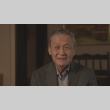
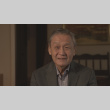




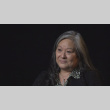

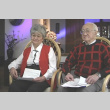
This interview was conducted over two days at the Sakaharas' home.
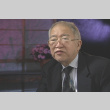

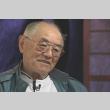





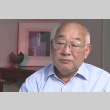


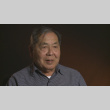
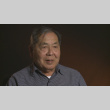
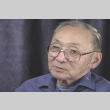
As a teenager prior to World War II, began keeping scrapbooks with newspaper articles and memorabilia, a lifetime habit.
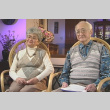
This interview was conducted over two days at the Sakaharas' home.
